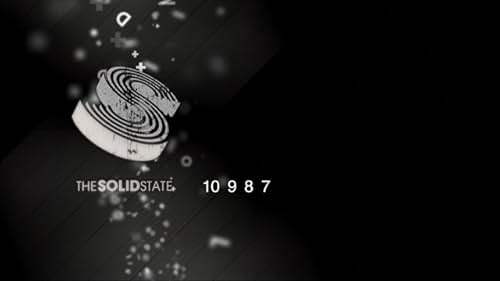Palm Island is a very beautiful little island off the tropical Queensland coast of north-east Australia. It is isolated socially, if not geographically, from the rest of the world. A century ago, it was a church mission, the destination of people who gave 'trouble' in mainland missions. The population tended to be Australian aboriginal, or from Pacific islands. In another culture, Palm Island would be an idyllic resort, with fishing, boating and all the attractions that money can buy. But Palm Island has no industry of note. Unless you count 'welfare' as industry.
An odd background to this story is that Queensland in the '80s had the lowest rate of reported domestic violence in Australia, with the highest rate of Aboriginal incarceration. Later studies showed that Queensland police officers had themselves a bad record of domestic violence.
The death of an Aboriginal man minutes after being arrested for being drunk and disorderly was apparently so important that the arresting officer released without charge at the same time a violent man who confessed to bashing his wife. The police claimed the death was an accident. The post-mortem showed injuries typical of a calamitous motor accident. The police officer was acquitted of manslaughter after a coroner named him. Another inquest many years later revealed that various police officers had lied, connived, and ignored positive evidence of an eyewitness.
This documentary is in the finest tradition of Australian reportage. Considering the final outcome (the Queensland government paid substantial compensation to the victim's family) this is a well-balanced story, beautifully photographed. There are no actors, but the natural love of the camera by the Aboriginals makes it a moving and memorable film. Police refused to help with the film, but the editor has cut into the story sequences shot on police video. The contrast between the shots of violence and the cutaways to serene landscapes is heart-stopping.










